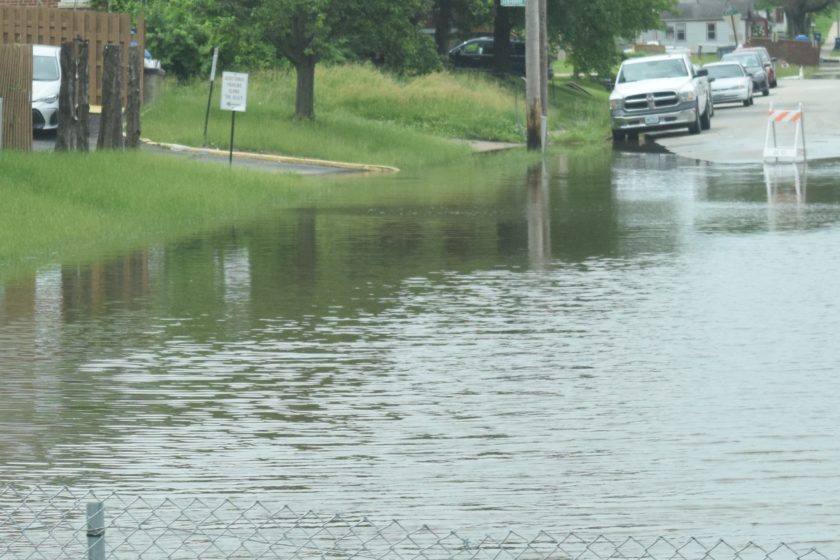
The Rainy Season
It’s been an unusually challenging spring for everyone this year. The Covid-19 virus took us all by surprise. It’s been so difficult and even heartbreaking for people having to deal with the loss of a job or a loved one, fear, frustration and anxiety on a daily basis.
The weather also hasn’t been very kind. It’s been so cold… we even saw snow in May! Weather specialists predict more unstable weather this year and the years to come. If the rains start and decide not to stop, you could suffer a loss just like the homeowners experienced during the 2013 and 2017 floods. Unfortunately, it is at that time of severe rainfall when plumbing companies get overwhelmed with emergency calls and have difficulty keeping up with them all. So just what can you do to be better prepared?
- If you live in an area prone to power outages and/or flooding, a generator is not only a good investment but almost a necessity. It’ll keep things running just when you need it the most and prevent costly repairs or loss of belongings.
- Test your sump pump on a regular basis. Pour about 2 buckets of water into the pit to see if the pump comes on AND removes the water. Clean out the pit to prevent debris from jamming the pump (just remember to turn off the power to the pump first). Ensure the float is allowed to move freely. Check the discharge line outside to ensure it too is free of ice or debris and that it isn’t damaged. When it comes time to replace it, invest in a good quality pump designed to handle the worst of storms and not just a typical summer rain.
- If you have a battery back-up sump pump, also check the battery. On average, a battery lasts two to four years, depending upon quality and usage. During a power outage, a good quality pump and battery will continuously keep working for 8 – 24 hours.
- If you don’t have a battery back-up sump pump, seriously consider getting one installed in case of a power outage which usually occurs during rain storms. This will come on and keep pumping the rain water out, preventing a flood.
- Have your septic system serviced to avoid a back-up. Too many people rely solely on getting their septic tank pumped out not knowing that pump-outs are only required to remove sludge buildup from the bottom of the tank, which would be about every 3 – 5 years on average. If you have to pump out your tank more frequently, you need to find out why. It could be a blocked baffle or filter; a jammed pump or float; grease, sludge or debris buildup; misaligned pipe, leaking toilet, excessive use of chemicals, etc. A professional will be able to find the cause of the problem and prevent costly back-ups or worse… having to replace your entire septic system or drain field.
- Keep personal belongings stored off the floor or in waterproof containers so they won’t get damaged.
- Clear out your eavestroughs and downspout. Make sure the downspout is long enough and in the right direction to allow the rainwater to flow away from the house.
- Make sure everyone in the house knows what to do and who to call in case of an emergency. If you should go away, have someone to watch the house who also knows what to do and how to get hold of you.
For our “Top 7 Spring Plumbing Tips”, click here. For even more helpful tips, please see our FAQ, Plumbing Tips or Blog.
For professional plumbing, sump and sewage pumps and septic service, please feel free to contact us by email or give us a call at 1-888-458-1979.